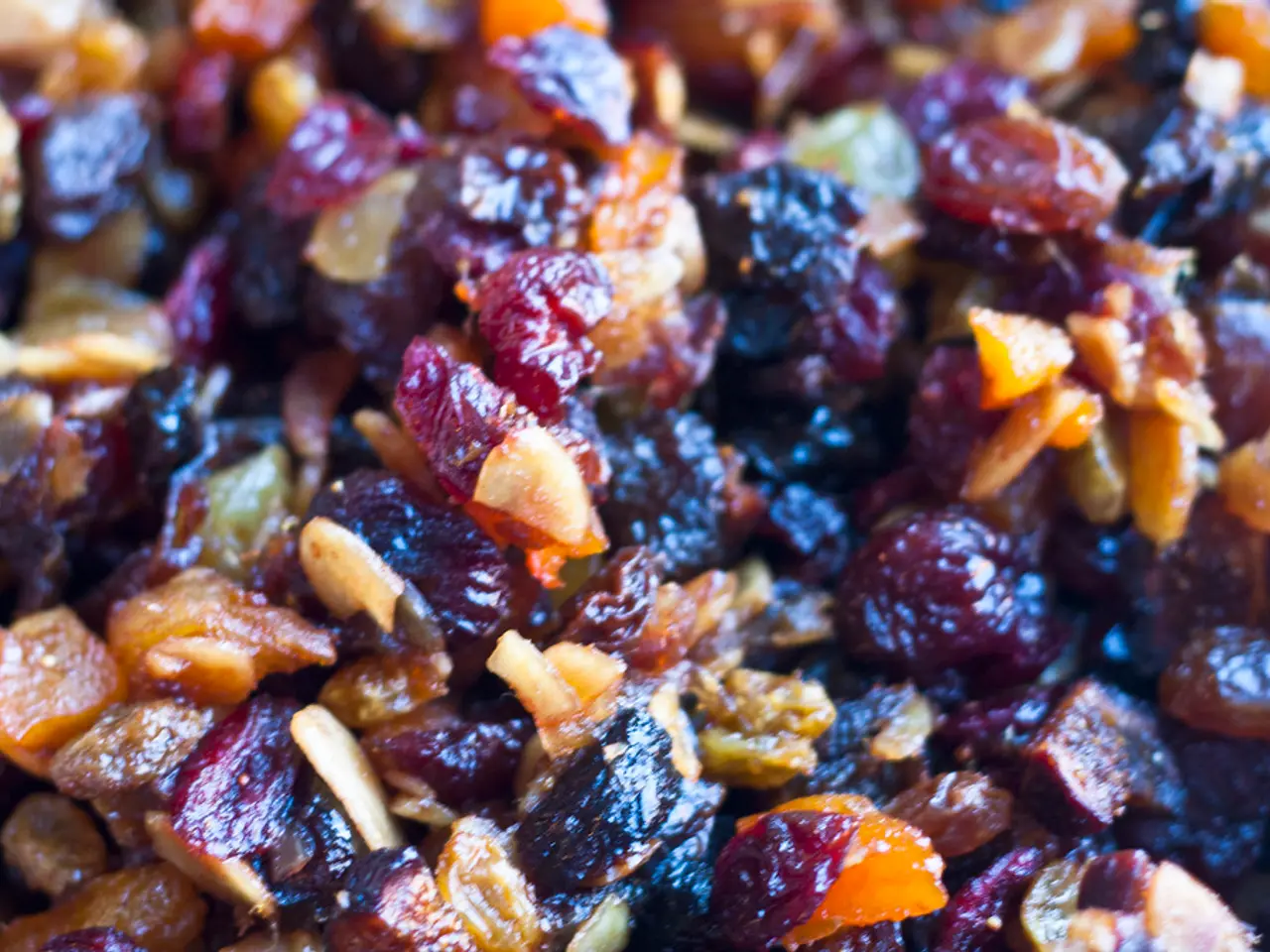Dietary Advantage of Antioxidants
In the pursuit of a healthier lifestyle, antioxidants have emerged as powerful allies in our quest for wellness. These substances, found in a wide variety of foods, can help protect our bodies from damage caused by free radicals.
Antioxidants, such as anthocyanins, lutein, zeaxanthin, and lycopene, are present in an array of foods that offer specific health benefits. By incorporating these foods into our diets, we can reap the rewards for heart health, brain health, eye health, and immune system support.
### Foods High in Antioxidants and Their Health Benefits
Berries, such as blueberries, strawberries, and raspberries, are rich in antioxidants like anthocyanins and ellagic acid. These powerhouses offer anti-inflammatory properties, potentially reducing the risk of heart disease and cancer, and enhancing brain function, particularly in older adults.
Leafy greens, including spinach, kale, and collard greens, are packed with lutein, zeaxanthin, beta-carotene, and flavonoids. These antioxidants are crucial for eye health, protecting against age-related macular degeneration, and reducing free radical damage and inflammation, supporting immune health.
Nuts and seeds, like almonds, pistachios, walnuts, and sunflower seeds, are brimming with flavonoids and vitamin E. These nutrients offer protection against chronic conditions such as diabetes and heart disease, supporting longevity and cardiovascular health.
Cruciferous vegetables, such as Brussels sprouts and red cabbage, are a treasure trove of carotenoids, vitamin C, flavonols, glucosinolates, and anthocyanins. These antioxidants improve blood sugar, blood pressure, and blood lipid profile, potentially preserving cognitive health and reducing neurodegenerative disease risk, and reducing cancer and cardiovascular disease risk.
Tomatoes and citrus fruits, like oranges and grapefruit, are rich in lycopene and vitamin C. Lycopene reduces inflammation and oxidative stress, improving heart health by lowering LDL cholesterol and improving endothelial function. Vitamin C supports the immune system and reduces inflammation.
Soybeans are a valuable source of isoflavones and antioxidants, offering anti-inflammatory effects and potentially protecting against heart disease, certain cancers, and diabetes. Sweet potatoes provide beta-carotene and vitamin C, antioxidants that support eye health and immunity.
### Summary of Health Benefits per Health Aspect
- **Heart Health:** Antioxidants such as anthocyanins (berries), flavonoids (nuts), lycopene (tomatoes), and glucosinolates (cruciferous veggies) reduce inflammation, improve blood lipids, blood pressure, and endothelial function, all contributing to a lower risk of heart disease. - **Brain Health:** Anthocyanins in berries and glucosinolates in cruciferous vegetables may help preserve cognitive function and regulate mood, potentially reducing the risk of neurodegenerative disorders. - **Eye Health:** Lutein, zeaxanthin, and beta-carotene in leafy greens and sweet potatoes protect against oxidative stress in the eyes, potentially reducing age-related macular degeneration. - **Immune System Support:** Vitamin C-rich foods like citrus fruits, as well as antioxidants in leafy greens and soybeans, reduce oxidative stress and inflammation, supporting overall immune function.
Incorporating a variety of these antioxidant-rich foods into our diets can provide a broad spectrum of protective effects across multiple body systems, supporting long-term health and disease prevention.
### Additional Tips
- Beverages: Antioxidant-rich beverages such as green tea, black tea, and herbal teas can be enjoyed. - Balance: Maintaining a healthy diet involves balance, with antioxidants being part of a well-rounded eating plan that includes other essential nutrients. - Whole Grains: Whole grains like brown rice, quinoa, and whole wheat bread contain higher levels of antioxidants compared to refined grains. - A diet rich in antioxidants can help reduce the risk of chronic diseases such as cancer, heart disease, and neurodegenerative disorders like Alzheimer's and Parkinson's disease. - Nuts and Seeds: A handful of nuts and seeds as a snack can provide antioxidants, healthy fats, and fiber. - Professional Guidance: For personalized guidance on nutrition and optimizing your diet, you may consider seeking the assistance of a professional.
In summary, antioxidants play a vital role in maintaining our health and well-being. By incorporating a variety of antioxidant-rich foods into our diets, we can bolster our defences against disease and age-related decline, promoting a healthier, happier life.
- Science has shown that supplements containing antioxidants like anthocyanins, lutein, zeaxanthin, and lycopene can be beneficial for men's health, as they may lower the risk of certain cancers and heart disease.
- For women, a healthy diet rich in antioxidants such as flavonoids, isoflavones, beta-carotene, and vitamin C can support eye health, immune system, and potentially reduce risks of diseases like diabetes and neurodegenerative disorders.
- Antioxidant-rich foods like leafy greens, berries, nuts, soybeans, and sweet potatoes are not only essential for skin care due to their antioxidant properties but also contribute to overall health and wellness.
- Nutritionists recommend that individuals pay attention to their cardiovascular health and consider diets rich in antioxidants like lycopene, flavonoids, and glucosinolates to reduce the risk of heart disease and improve endothelial function.
- Adequate nutrition, including a proper intake of antioxidants, is crucial for maintaining a healthy immune system, reducing oxidative stress and inflammation, and supporting the body's natural defenses.
- Incorporating healthy diets consisting of various antioxidant-rich foods can provide multiple health benefits, including reducing the risks of chronic conditions like cancer, diabetes, cardiovascular disease, and neurodegenerative disorders, and promoting overall well-being.




